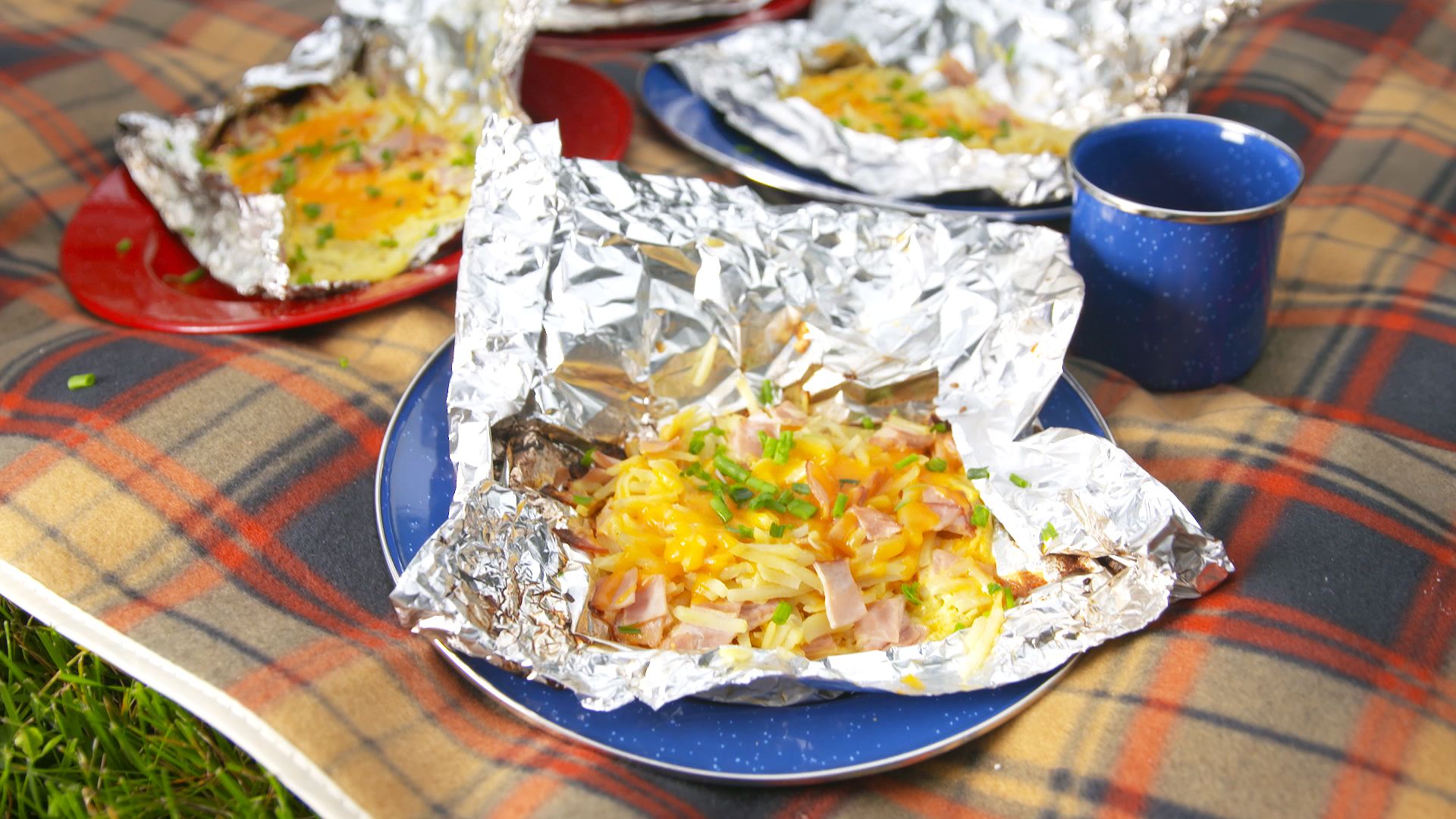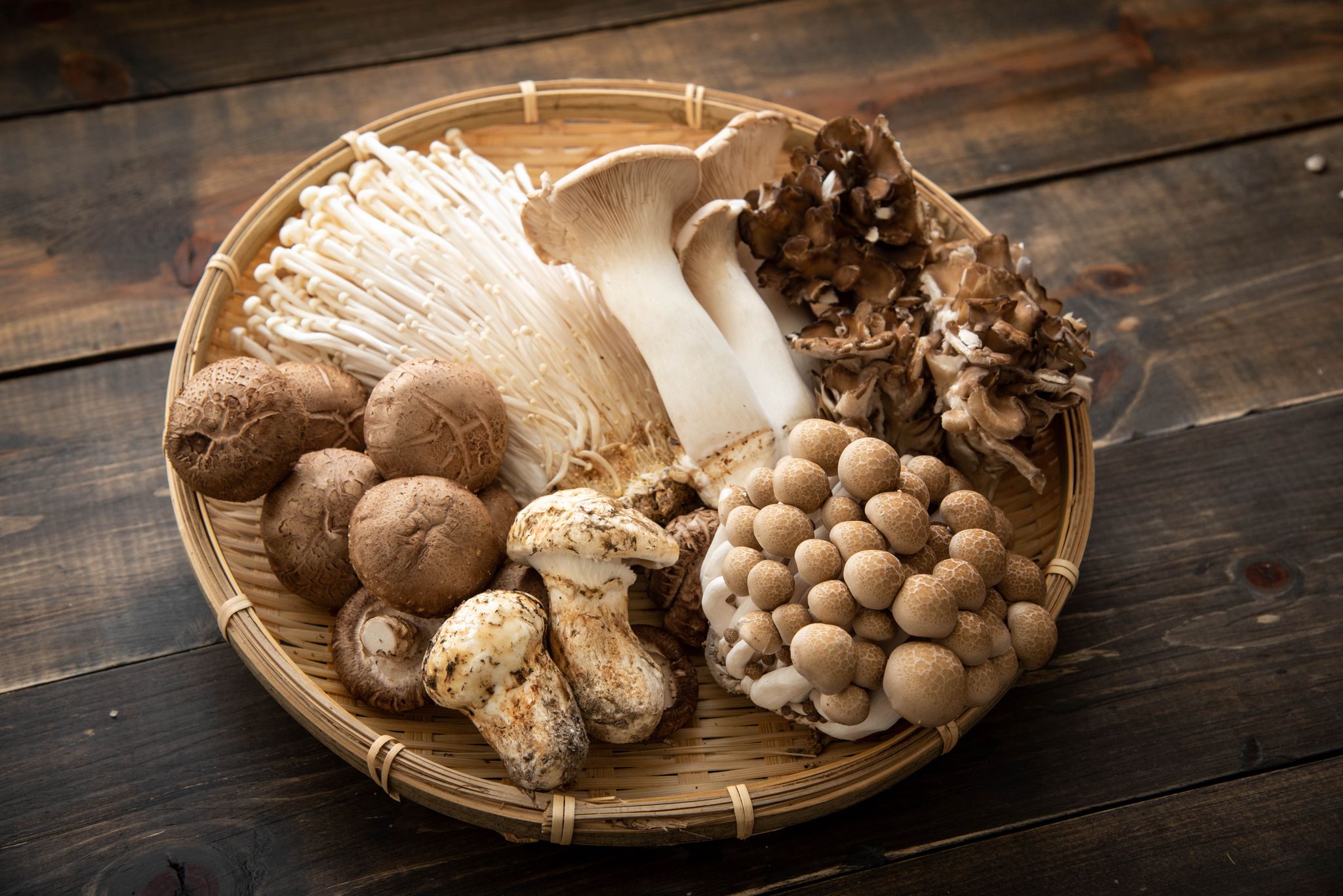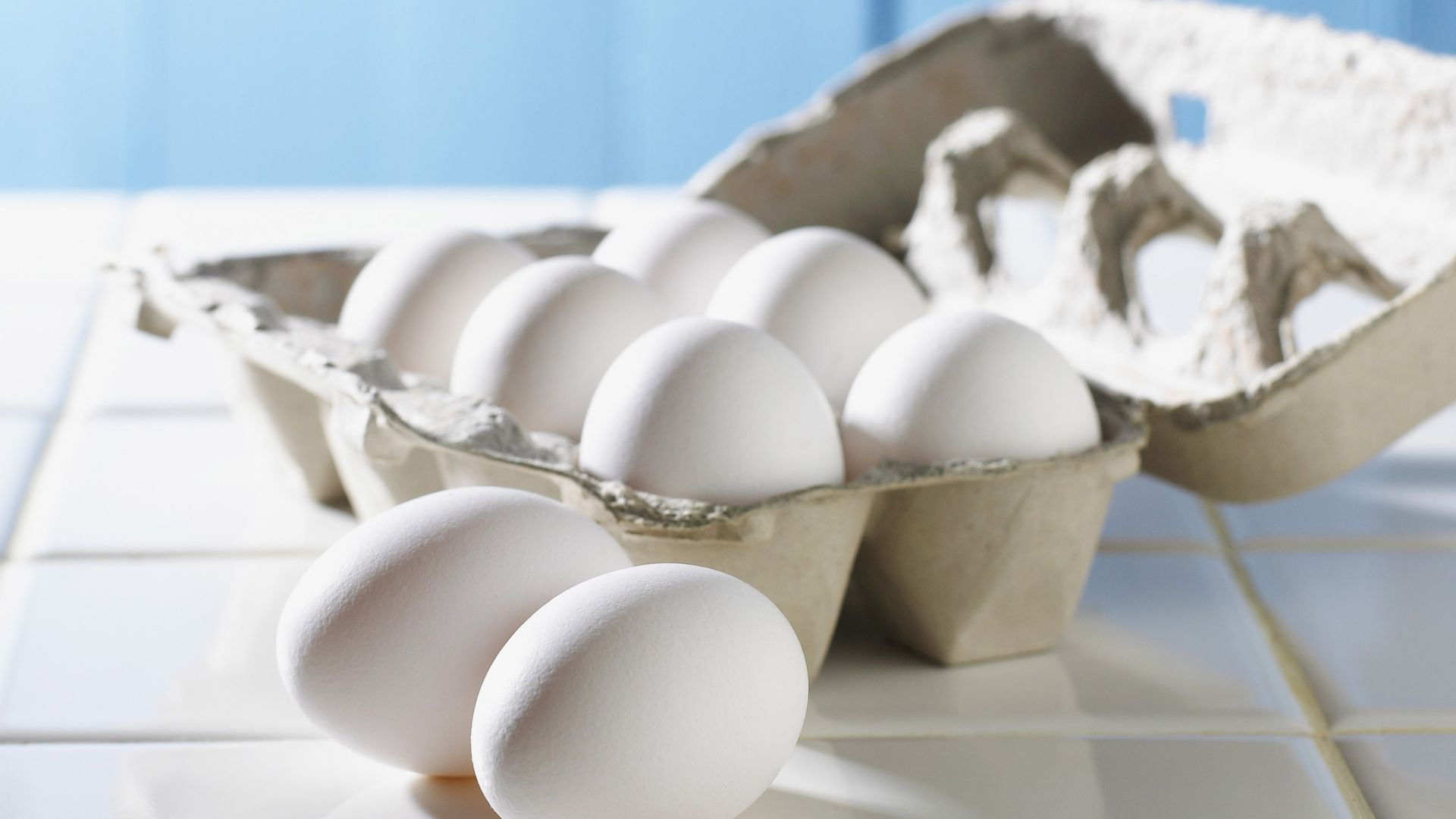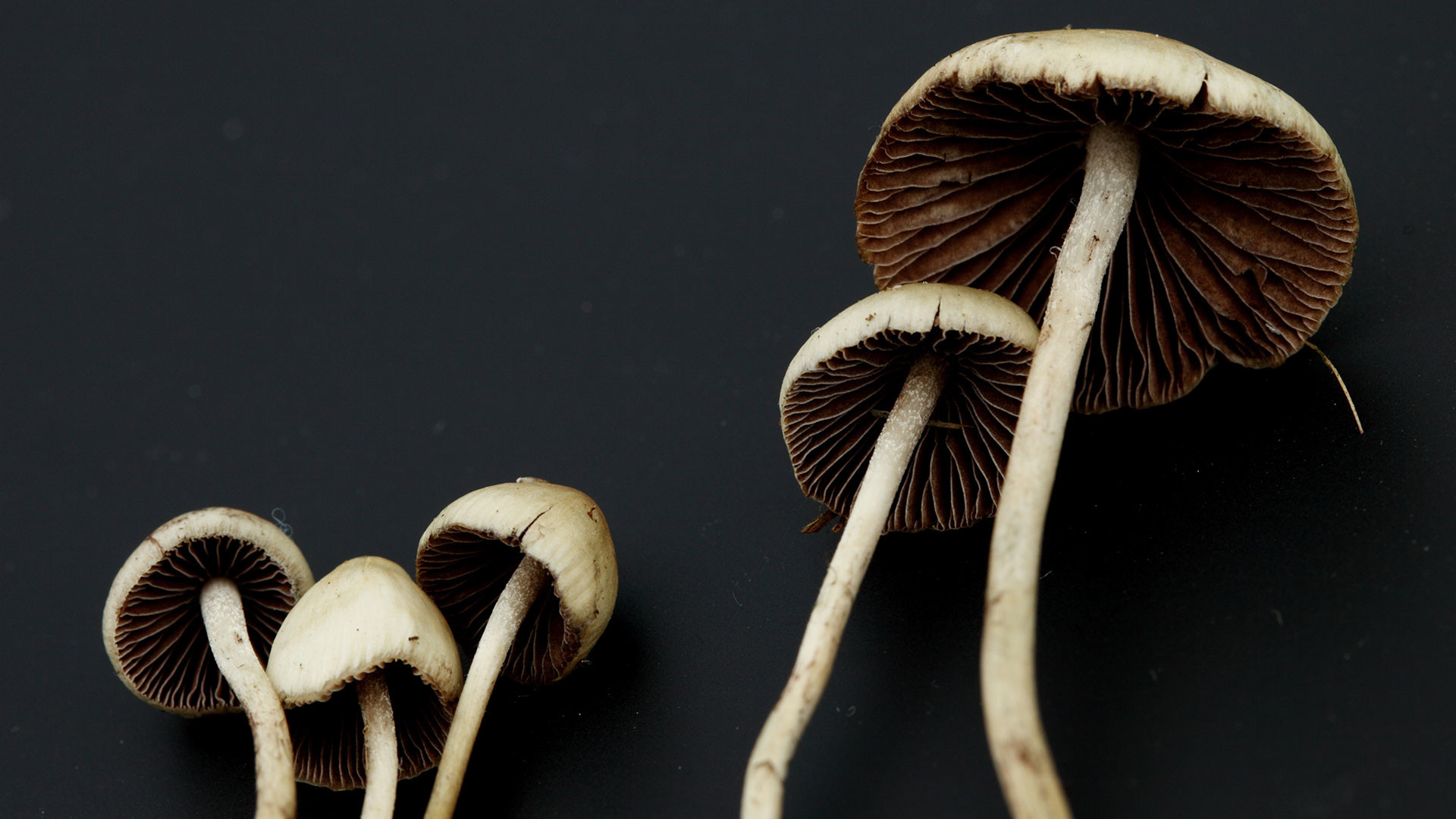Aluminum foil is a common household item used for various purposes, including food preparation and storage. However, concerns have been raised about its safety and potential health risks. In this comprehensive guide, we will explore the topic of using aluminum foil in cooking, examining the potential risks, safety considerations, and alternative options available.
Understanding Aluminum Foil:
Aluminum foil is made by rolling sheets of aluminum into thin, flexible sheets. It is widely used in cooking for a variety of purposes, such as wrapping food, covering dishes, and lining baking sheets. Aluminum foil is appreciated for its ability to withstand high temperatures, act as a barrier to moisture, and keep food fresh.
Potential Risks of Aluminum Foil:
Aluminum Transfer: One of the main concerns regarding aluminum foil is the potential for aluminum to leach into food during cooking or storage. High temperatures, acidic or salty foods, and prolonged contact can increase the likelihood of aluminum transfer. Consuming excessive amounts of aluminum may be linked to health issues, including neurotoxicity and an increased risk of certain diseases.
Chemical Reactions: Certain foods, particularly those that are acidic or contain spices, can react with aluminum foil. This can lead to the transfer of aluminum into the food and alter its taste. Acidic foods like tomatoes, citrus fruits, and vinegar-based marinades are more likely to cause this reaction.
Safety Considerations:
Limited Use: To minimize the potential risk of aluminum leaching, it is advisable to limit the use of aluminum foil in cooking and food storage, particularly with acidic or salty foods. Instead, consider using alternative materials like parchment paper or glass containers.
Avoid High Heat and Long Cooking Times: Exposing aluminum foil to high temperatures for extended periods can increase the likelihood of aluminum leaching. When cooking with aluminum foil, avoid using it for prolonged cooking times or in direct contact with high-temperature sources such as open flames or broilers.
Prevent Physical Damage: Avoid using aluminum foil that is damaged, torn, or has holes, as this can increase the risk of aluminum transfer. Damaged foil may also lead to uneven cooking or baking.
Alternative Options:
Parchment Paper: Parchment paper is an excellent alternative to aluminum foil for various cooking purposes. It is heat-resistant, non-stick, and can be used for baking, roasting, and wrapping foods. Parchment paper is widely available and can be found in most grocery stores.
Glass or Ceramic Containers: When storing or reheating food, consider using glass or ceramic containers instead of aluminum foil. These materials are safe for food contact and can be easily cleaned and reused.
Silicone Baking Mats: Silicone baking mats are non-stick, heat-resistant, and can be used as an alternative to aluminum foil when baking cookies, pastries, or other items that require a non-stick surface.
Conclusion:
While aluminum foil is a common household item used for cooking and food storage, it is important to consider the potential risks associated with its use. The transfer of aluminum into food and the possibility of chemical reactions with certain foods are factors that warrant attention. To minimize potential health risks, it is advisable to limit the use of aluminum foil, particularly with acidic or salty foods, and to avoid high temperatures and long cooking times.
Exploring alternative options like parchment paper, glass or ceramic containers, and silicone baking mats can provide safer alternatives for cooking, baking, and food storage. By making informed choices and considering the safety considerations, you can ensure that your cooking practices align with your health goals and reduce the potential risks associated with aluminum foil.
As always, it is recommended to consult with healthcare professionals or registered dietitians for personalized advice, especially if you have specific health concerns or conditions that may be affected by the use of aluminum foil in cooking.
- CBD for Pets: Honest Reviews of Treats and Tinctures from Just CBD - August 2, 2024
- Comprehensive Review Top CBD Gummies of the Year By Diet Smoke - June 24, 2024
- Think Twice Before Smoking Magic Mushrooms - April 23, 2024





